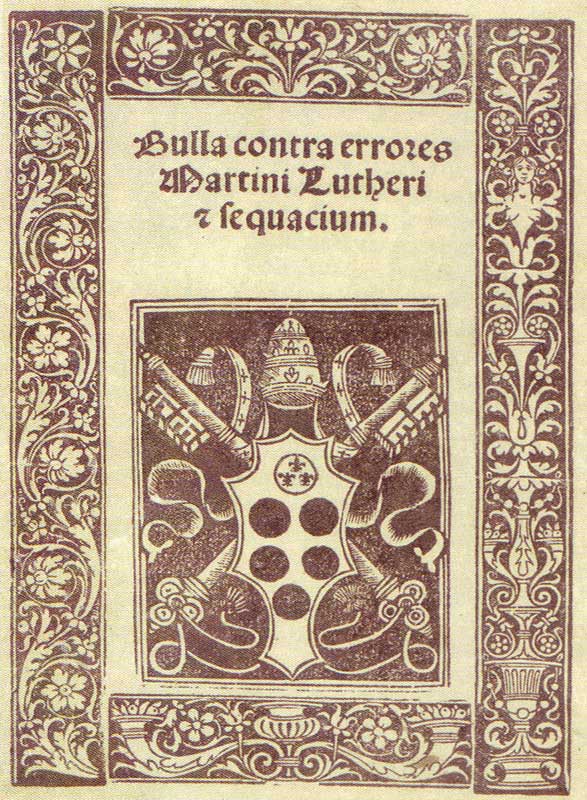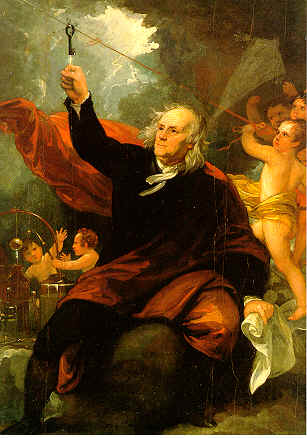Don't forget the drawn butter
June 15, 1960 -
Billy Wilder's next film after Some Like It Hot, The Apartment, starring Jack Lemmon and Shirley MacLaine, opened in New York on this date.
This was the last B&W movie to win Best Picture at The Academy Awards until Schindler's List did in 1994.
June 15, 1967 -
The WWII adventure film, The Dirty Dozen, premiered on this date.
John Wayne was first offered the part of Maj. John Reisman, but he declined and went on to star in and direct another war film (The Green Berets.) The part was then offered to Lee Marvin, who took it.
June 15, 1990 -
Warren Beatty's take on the comic strip detective, Dick Tracy, opened on this date.
Warren Beatty originally wanted Bob Fosse to direct, but Fosse turned him down. Martin Scorsese was also a fan of the comic strip and considered directing at one point, but he lost interest and chose to make Goodfellas. This is the highest-grossing film of Warren Beatty's career to date.
June 15, 1994 -
Disney's 32nd animated feature, The Lion King, opened in limited release in the US on this date.
The last Disney movie to be supervised by Jeffrey Katzenberg before he left to form DreamWorks.
Today in History -
June 15, 1215 -
All the English Barons of the realm gathered with King John at Runnymede and presented him with a little document they'd prepared. They asked him either to sign the document or to specify what they should do with his remains. The king signed.
This was the Magna Carta, and therefore historical.
 The terms of the Magna Carta (aka, The Magna Charta, aka The Big Chart) provided that freemen should be free, that freemen should not be put to death, that freemen should be able to get married, that freemen should only be judged by juries of other freemen, and that a measure of wine should be a measure of wine. The only people excepted from these liberties were the People.
The terms of the Magna Carta (aka, The Magna Charta, aka The Big Chart) provided that freemen should be free, that freemen should not be put to death, that freemen should be able to get married, that freemen should only be judged by juries of other freemen, and that a measure of wine should be a measure of wine. The only people excepted from these liberties were the People.(Our own Bill of Rights borrowed heavily from the Magna Carta, although it allowed that the People included people not previously considered the People, except in those cases in which the people were still not People.)
June 15, 1330 -
King Edward III was a famous English king, celebrated for his invention of manners and discovery of the economy. He played tennis, and once famously rebuked the King of France for having sent him his balls in a box.
King Edward established the Order of the Garter because he was what English nobles referred to as a "leg man." (It was he who also famously remarked, Honi soit qui mal y pense, or Honey, show us some cheesecake.)
King Edward had many sons, one of whom was born on June 15, 1330. This son he named Prince Edward. Though white at birth, he eventually became England's first Black Prince.
At the age of sixteen, Prince Edward and his father the king led the English against the French at Crecy, in order to start the 100 years war. There were many more French than English, but the English had the advantage of the Long Boa. The French were powerless against this innovation. Ten years later, the English and French took the field again, this time at Poitiers. The French had learned from experience, and tried to counter the English Long Boa with their own Very Large Scarf. They failed. The English took France's King John prisoner and ransomed him for half a million pounds (250 tons). Prince Edward was kind to the French king, however, and prayed with him, which proved that the apple had not fallen far from the tree. (Edward was also a legman.)
By now he had become the Black Prince.
In recognition of his prowess, the Black Prince was made the ruler of Aquitaine in 1362. When some of the French rebelled at Limoges in 1370, he had all 3000 inhabitants killed. This resulted in peace. The Black Prince died before he could succeed to the throne, thereby losing the opportunity to become England's first Black King.
Edward and Joan had two children. One was Edward, who died in infancy and was therefore ineligible to be king. The other was Richard, also known as Richard II, who succeeded to the throne only to abdicate in favor of Henry IV, Part 1. Following Henry IV Parts 1 and 2 came Henry V, then Henry VI parts 1, 2, and 3, and then finally Richard III.
They kept William Shakespeare busy for many years.
June 15, 1409 -
Petros Philargos is elected Pope Alexander V by the Council of Pisa. This poses a certain amount of difficulty and increased the amount of Papal Bull, as there already is a Pope in Rome, Gregory XII, and another in Avignon, Benedict XII. Ultimately, none of the three is willing to step down, leading the Chuch into a double schism.
This made papal dispensations a drug on the market.
On June 15, 1520, Pope Leo X (no relation to Malcolm or the Generation) excommunicated Martin Luther with a papal bull.
 Pope Leo X is famous for his use of bulls, although not quite as famous (and we know it's not true) as Catherine the Great for her use of horses.
Pope Leo X is famous for his use of bulls, although not quite as famous (and we know it's not true) as Catherine the Great for her use of horses.Dr. Jean-Baptiste Denys, the personal physician to Louis XIV, performed the first blood transfusion in history on June 15,1667. He performed the transfusion on a fifteen year old boy, using blood from a sheep.
The experiment was considered a success (the boy died), although it was clearly a disappointment if you were rooting for the sheep.
On June 15, 1752, Benjamin Franklin flew a kite in a thunderstorm to prove his now famous theory that lightning is some powerful sh*t.

The General Slocum worked as a passenger ship, taking people on excursions around New York City. On June 15, 1904, the ship had been chartered for $350 by the St. Mark's Evangelical Lutheran Church in the German district Little Germany, Manhattan. This was an annual rite for the group, which had made the trip for 17 consecutive years. Over 1,300 passengers, mostly women and children, boarded the General Slocum. It was to sail up the East River and then eastward across Long Island Sound to Locust Grove, a picnic site in Eatons Neck, Long Island. It caught fire and burned to the water line in New York's East River.
More than 1,000 people died in the accident, making it New York City's worst loss-of-life disaster until the September 11, 2001 attacks.
June 15, 1955 -
The Eisenhower administration stages the first annual OPAL exercise. In the Operation Alert drill, air raid sirens blare across America to assess our preparations for a nuclear attack.
Duck and cover, people.
On a personal note:
A friend of mine has been attempting to mount a plaque at Celtic Park, in honor of the Olympic champions of the Irish-American Athletic Club. Yesterday's edition of the Wall Street Journal's Greater New York section (Monday, June 14), includes an article (When the Irish Ruled New York Sports) about the Winged Fist Organization's attempt.
It's a good read and a good cause
And so it goes.
No comments:
Post a Comment